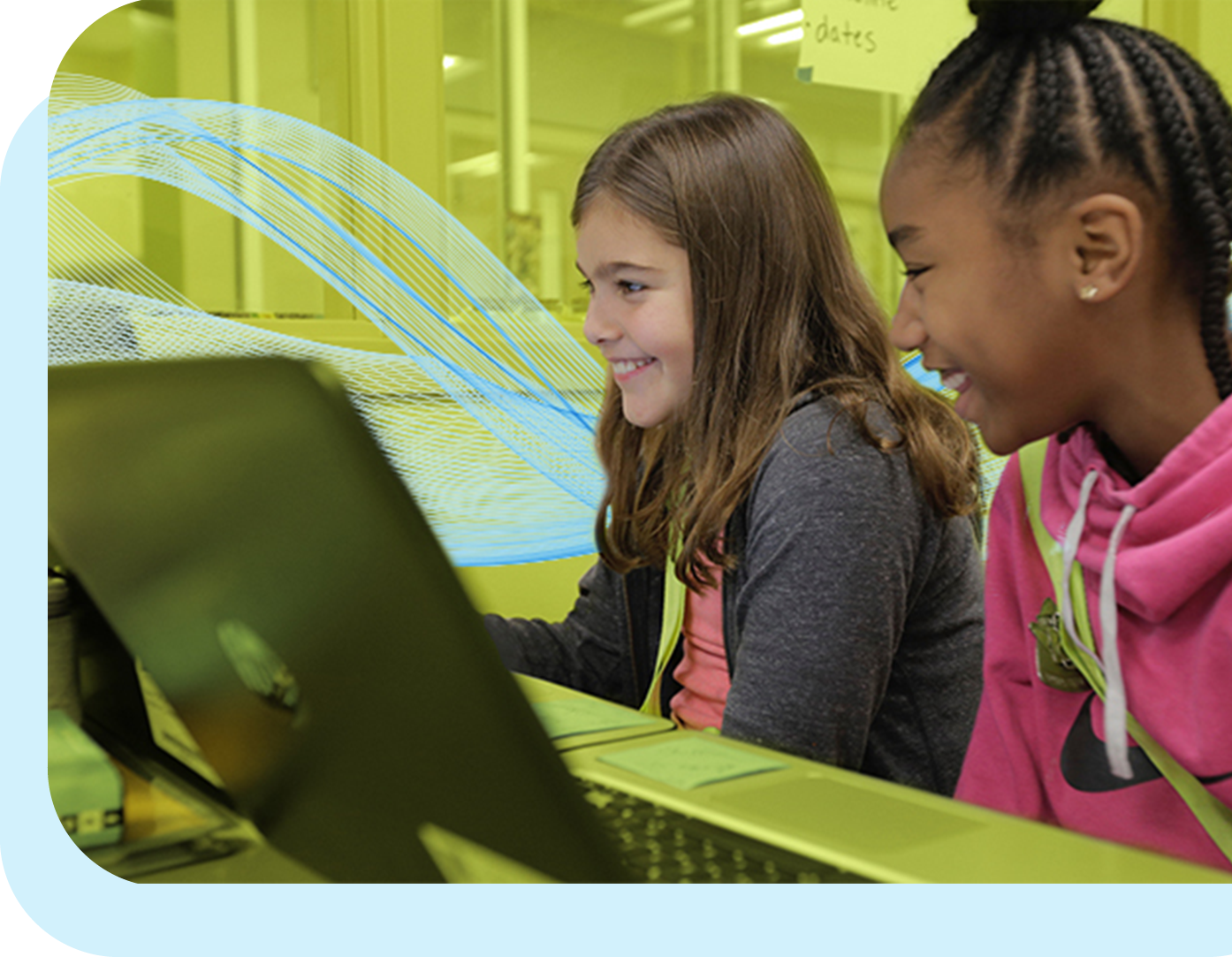
About Us
This project is a united effort by multiple academic organizations that seeks to explore

Project Leaders

Walter Leite, Ph.D.
Professor, UF College of Education
Principal Investigator
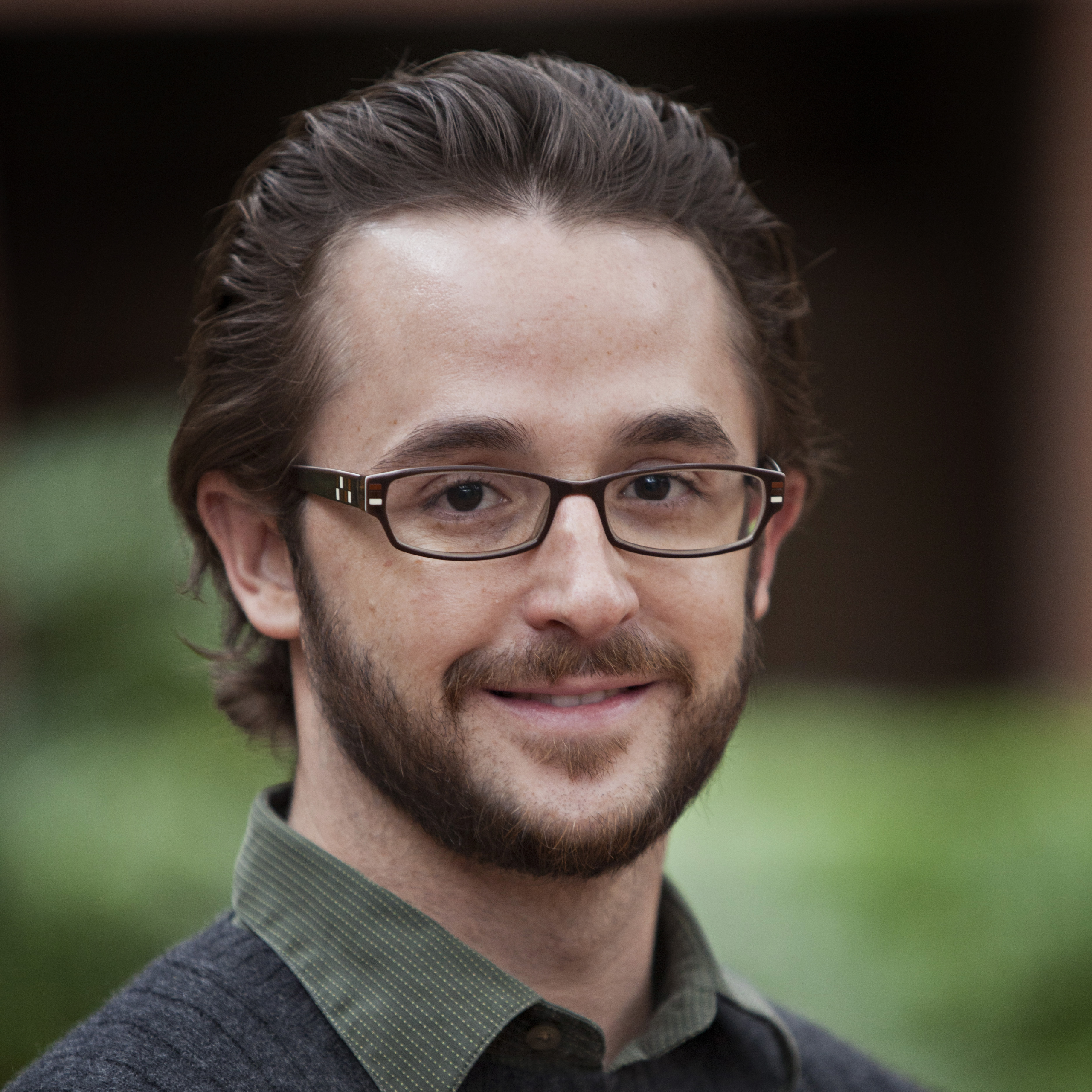
Philip Poekert, Ph.D.
Project Director, Lastinger Center for UF
Co-Principal Investigator

Danielle McNamara, Ph.D.
Director of SoLET Lab, ASU
Co-Principal Investigator
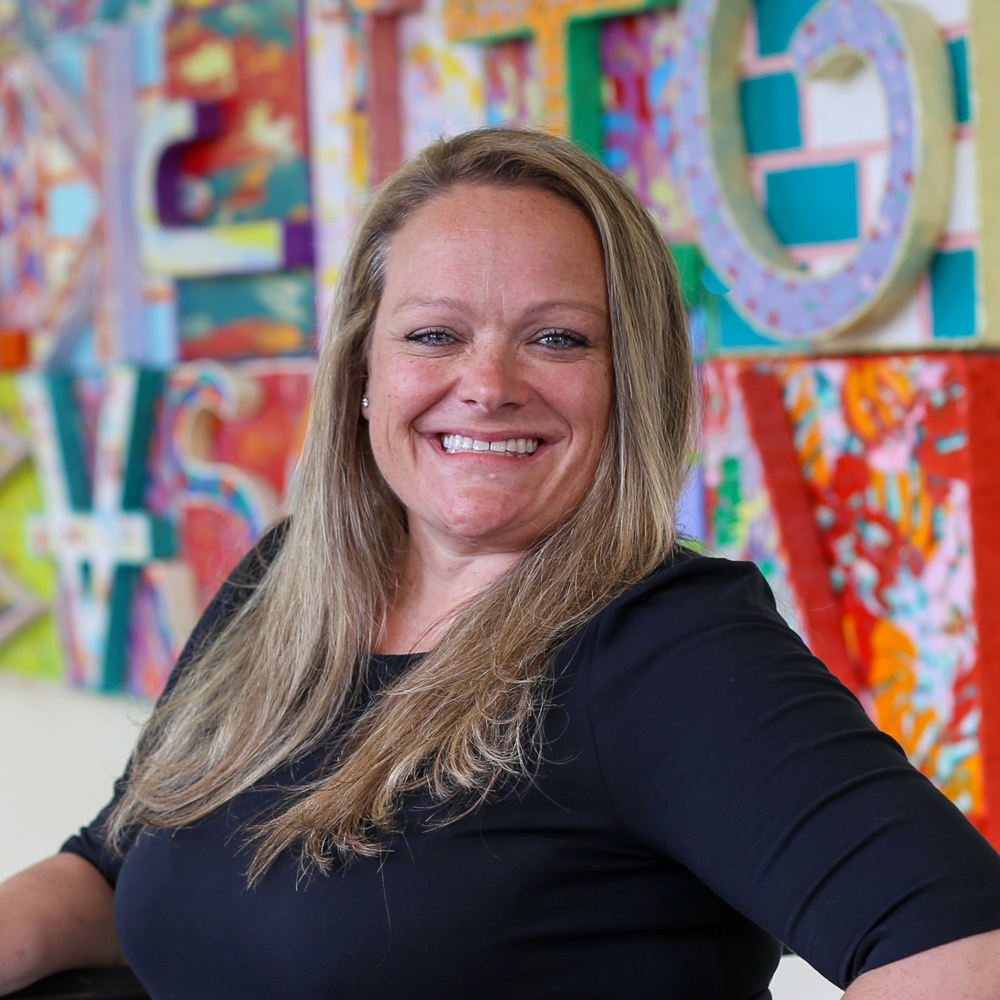
Corinne Huggins-Manley, Ph.D.
Associate Professor, UF College of Education
Co-Principal Investigator

George Michailidis, Ph.D.
Director of the Informatics Institute, UF
Co-Principal Investigator

Sidney D'Mello, Ph.D.
Associate Professor, UC Boulder
Co-Principal Investigator

Catherine Cavanaugh, Ph.D.
Research Scientist and Chief Technology Officer, Lastinger Center for Learning
Key Collaborator
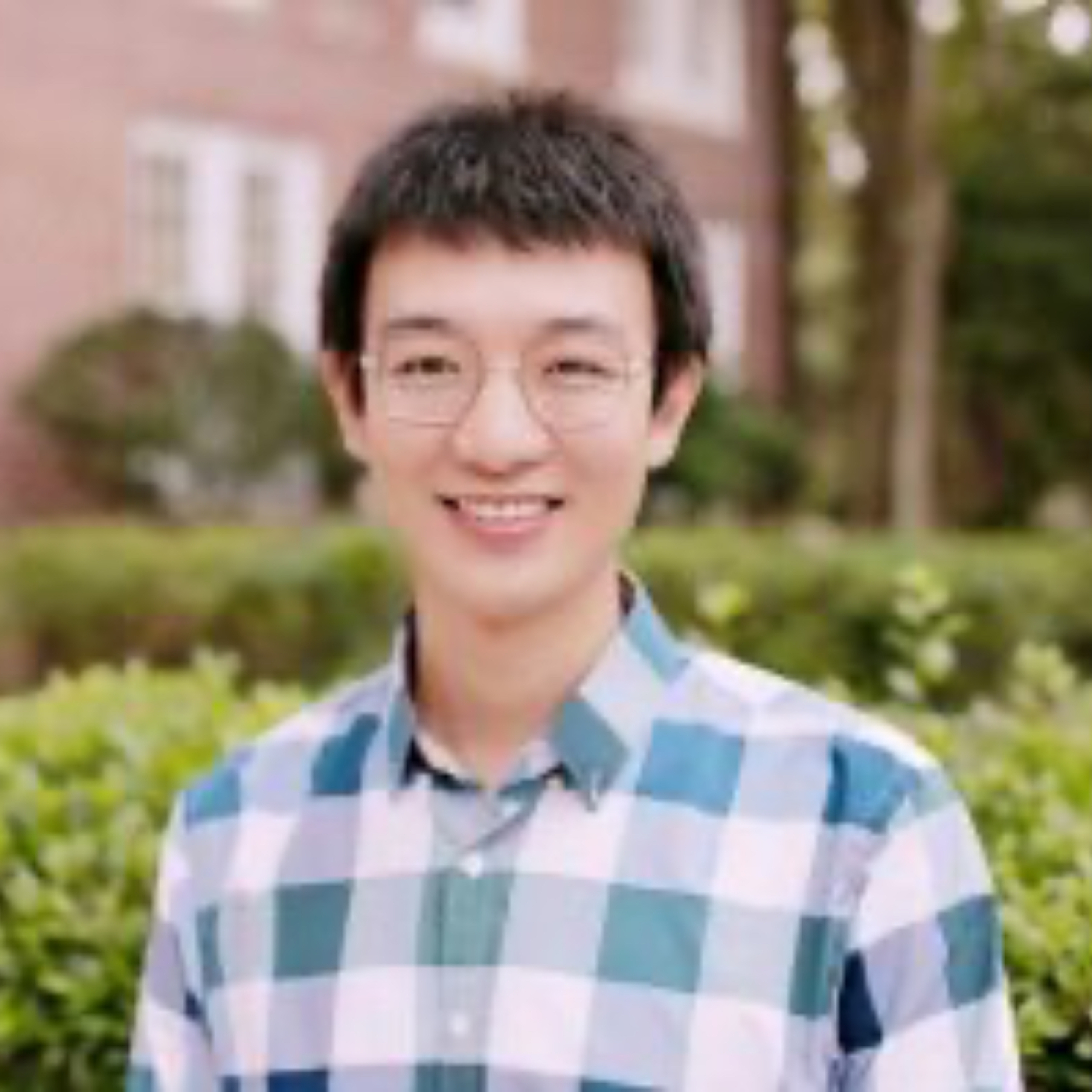
Wanli Xing, Ph.D.
Assistant Professor, UF
Key Collaborator
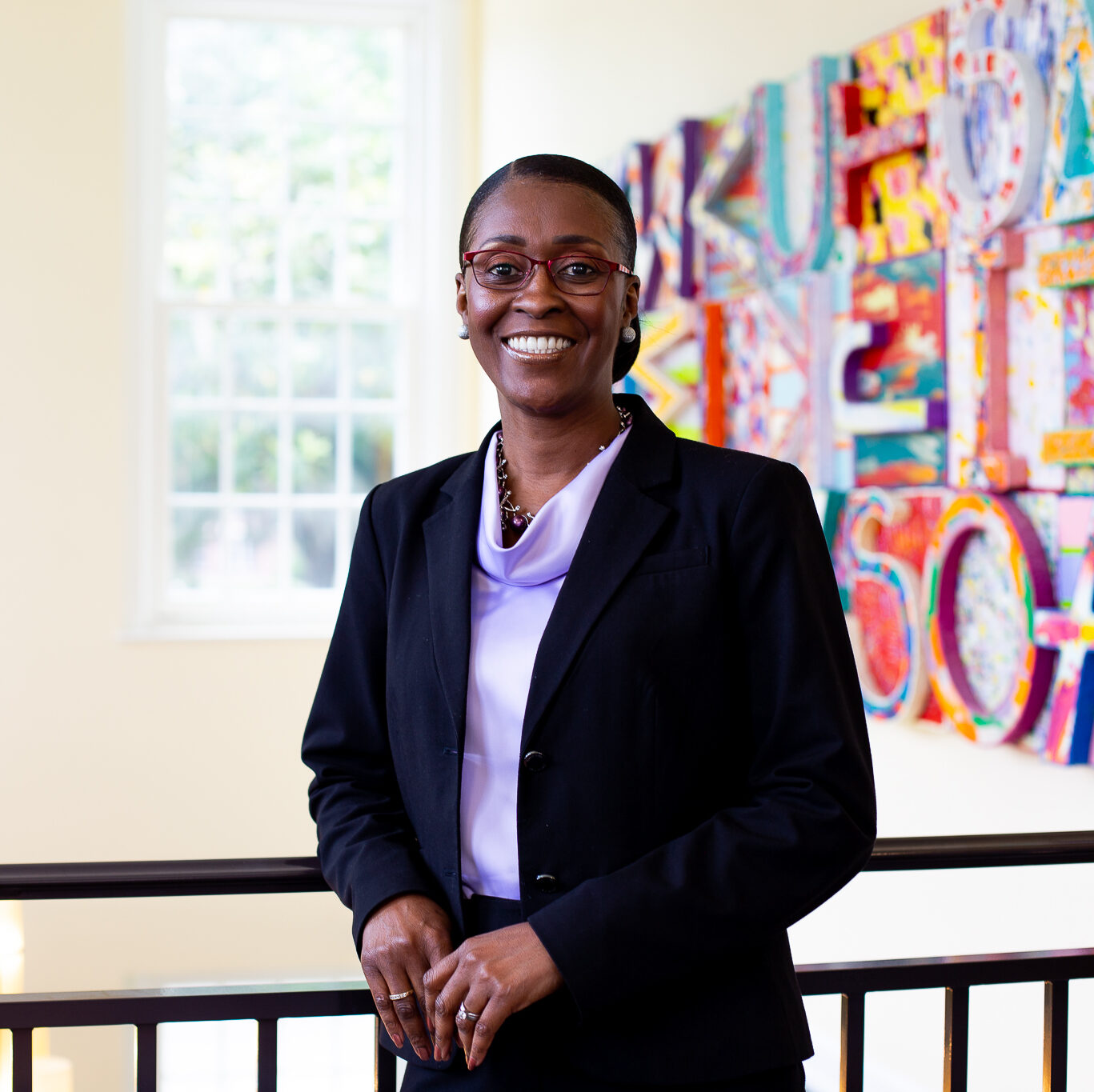
Thomasenia Adams, Ph.D.
Professor and Associate Dean for Research and Faculty Development
Key Collaborator
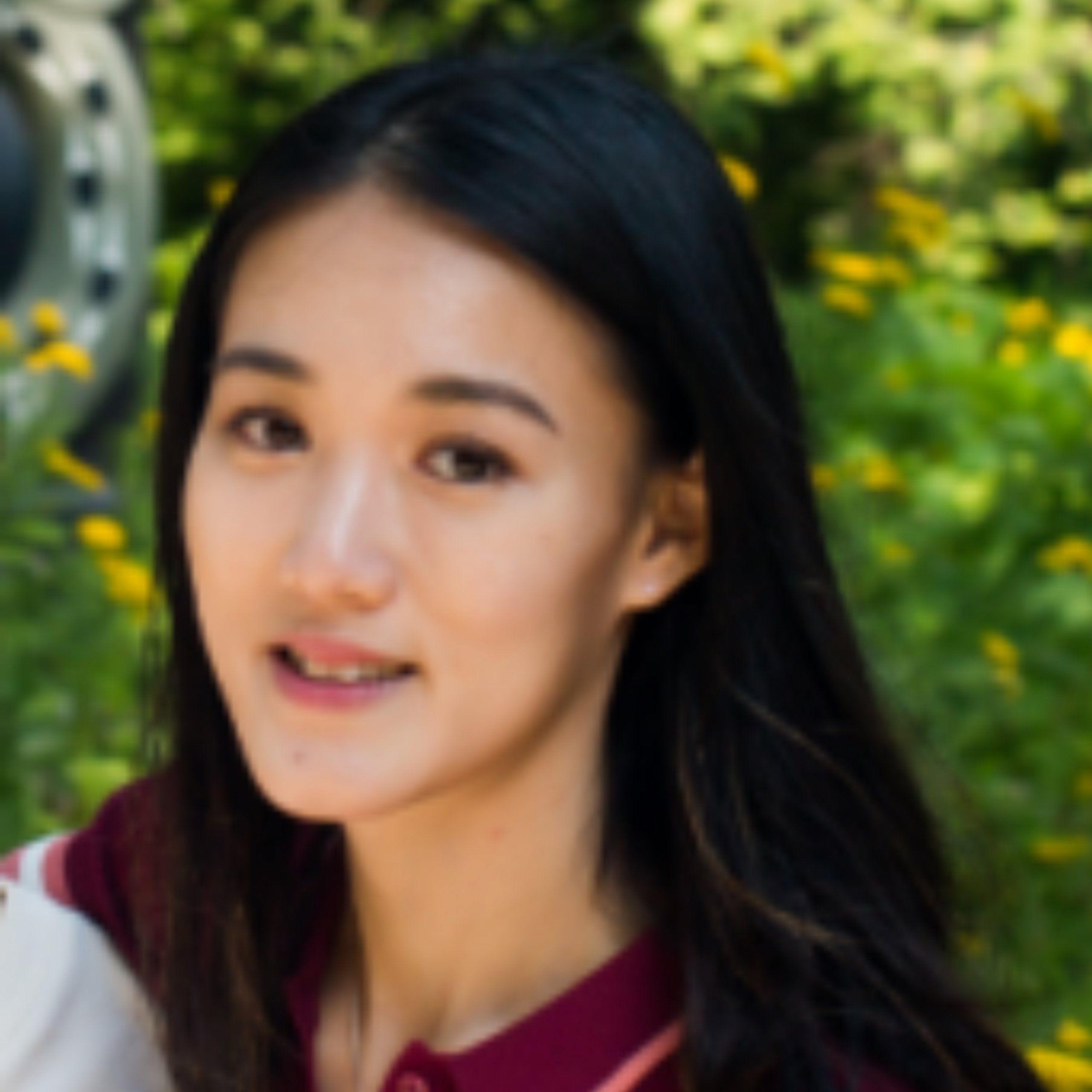
Jinnie Shin, Ph.D.
Assistant Professor, UF
Key Collaborator
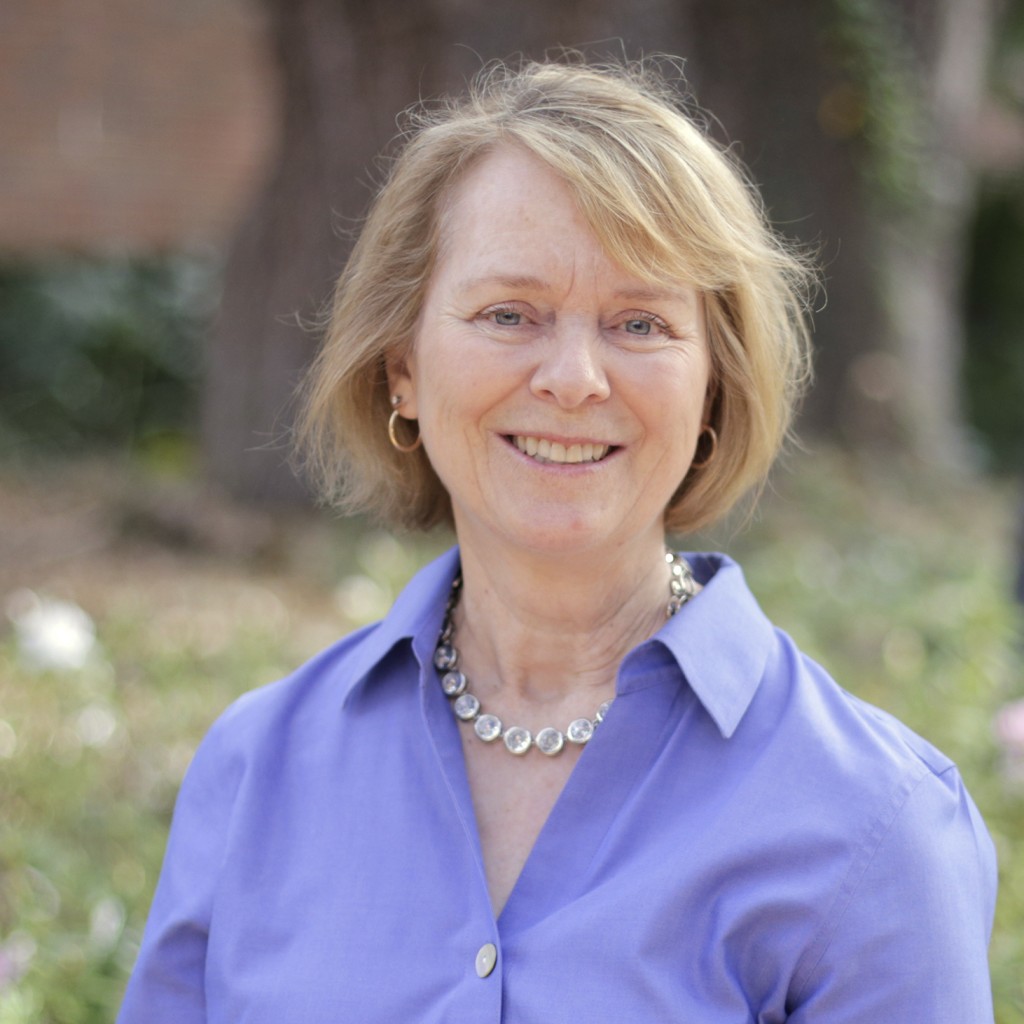
Carole Beal, Ph.D.
Founder
In Memoriam
Partners
Study Edge
Study Edge, a Gainesville-based educational technology company, first partnered with the Lastinger Center for Learning to create Algebra Nation, a free online learning platform that has increased student mastery in Algebra 1. Study Edge is now partnering with the VLL team as they test, modify and create a more effective learning environment for students.
Contact – Ethan Fieldman, Founder and President
UF College of Education and The Lastinger Center for Learning
The University of Florida’s College of Education is a consistent authority in regards to innovative education and student success. Annually ranked as one of the top colleges of education in the US, the UF College of Education brings its high-standard and tradition of excellence to this project.
The Lastinger Center for Learning is an innovation hub working to create equitable educational systems where every child and educator, regardless of circumstances, experiences high quality learning every day to support the achievement of critical milestones in children’s trajectory through school that are predictive of success in life.
Together these organizations provide project management and communications support, as well as determining the impact of Algebra Nation on student achievement and then developing a more personalized assessment system based on questions that are most closely aligned with success on the end-of-course exam. The College of Education in particular works on a multitude of projects that will contribute to the Virtual Learning Lab.
UF Informatics Institute
The pervasiveness of interconnectivity on our persons and in our homes, the capabilities of high-performance computers, the emergence of smart infrastructure, and the Internet of “everything” is changing the way we do research in nearly every field of study.
Established in 2014, the UF Informatics Institute focuses on the development and nurturing of integrative informatics research and education studies at the University of Florida. One of its core areas is to leverage the explosion of data in the social sciences to better understand people, culture, political development, education, and human behavior. UF Informatics will oversee the development of recommendation systems for personalized learning.
University of Colorado at Boulder
The University of Colorado at Boulder team is focused on understanding students’ engagement as they interact with Algebra Nation, developing real-time computational models of engagement, and integrating the models into Algebra Nation to trigger adaptive interventions aimed at increasing engagement and learning. The Institute of Cognitive Sciences within University of Colorado at Boulder fosters rich scientific interchange across researchers from a broad range of disciplines including Artificial Intelligence, Linguistics, Psychology, Neuroscience, Computer Science, Philosophy, and Education.
Arizona State University
The ASU team will be joining the project for a supplemental study investigating the potential of supplemental human tutoring to improve outcomes for failing students. The Science of Learning and Educational Technology Lab (SoLET Lab) at ASU focuses on applying research from computer science, education, and psychology in educational environments. The lab aims to further the understanding of cognitive processes and to use this theoretical foundation to improve educational methods.
Interested in joining our team?
Advisory Boards
Professor of Science and Technology Studies at Rensselaer Polytechnic Institute. His NSF-supported work on culturally-situated design tools for under-served students has led to honors such as an appearance as a TED speaker, the 2009 American Anthropological Association award for “Exemplary Cross-Field Scholarship,” a listing among the 2004 winners of the “101 Best Websites in the World” from the International Society for Technology in Education, a 2001 “Integrating anthropology into schools” award from the Anthropology Education Commission, and a Fulbright scholarship.
Professor and Chair of the Department of Educational Research Methodology at the University of North Carolina at Greensboro. Dr. Penfield has published widely in educational measurement journals and serves on the editorial boards of Journal of Educational Measurement, Educational and Psychological Measurement, Applied Measurement in Education, and The Elementary School Journal. He has served as co-principal investigator or consultant on a number of federal grants funded by the National Science Foundation and the Department of Education.
Professor of Educational Psychology at the University of Illinois at Urbana-Champaign and at the Beckman Institute for Advanced Science and Technology. Her research focuses on the impact of context, including factors such as classroom discourse, school climate and stereotype threat on students’ mathematical reasoning. She has also studied mathematics learning from a cross-cultural perspective.
Professor and Executive Officer in the Ph.D. Program in Urban Education at the Graduate Center of the City University of New York. In 1998, Dr. Picciano co-founded CUNY Online, a multi-million dollar initiative funded by the Alfred P. Sloan Foundation that provides support services to faculty using the Internet for course development. He has published numerous research articles, books and reviews on the benefits and concerns related to online learning, and will provide guidance to the VLL with regard to student privacy and data “profiling” issues.
